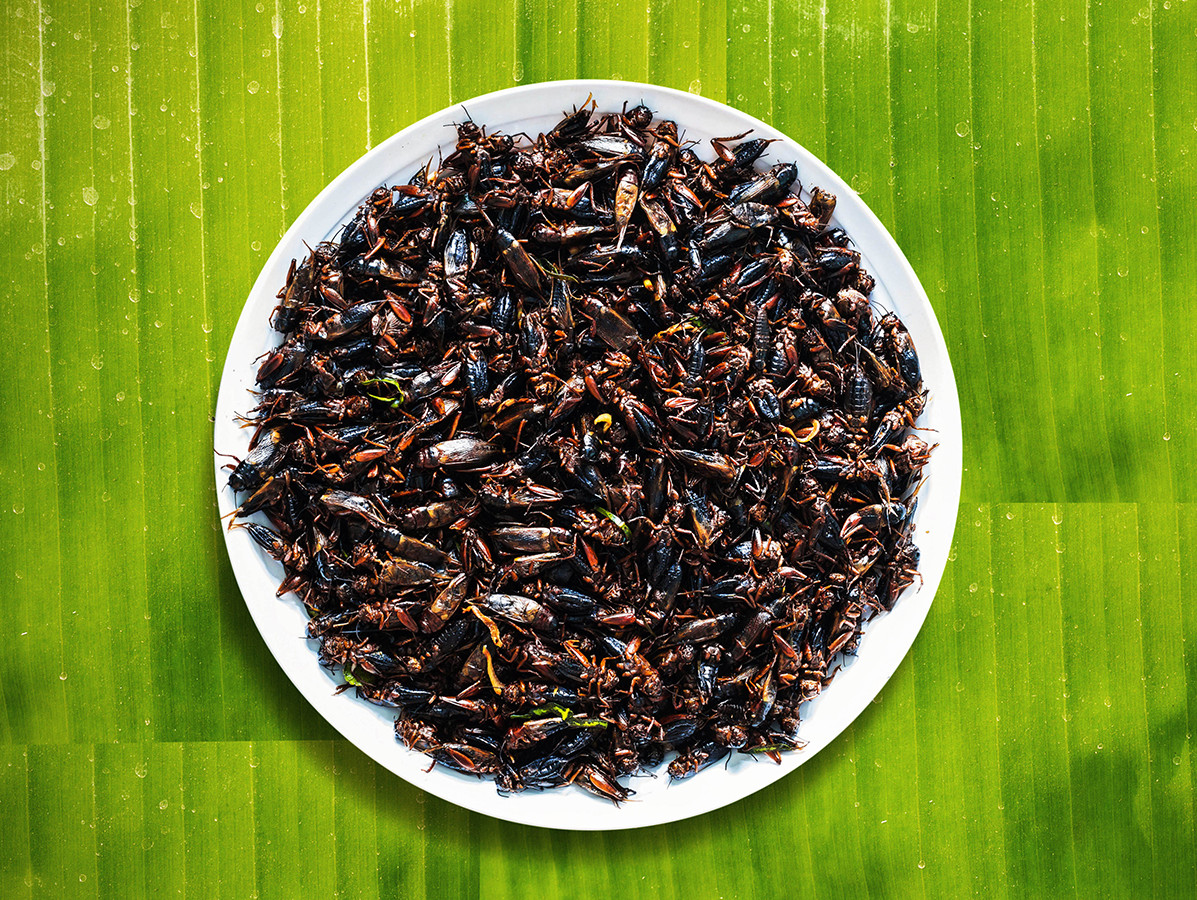
The Dutch Food and Consumer Product Safety Authority (NVWA) has compiled and published a handbook on novel foods. The handbook is mainly intended for the business community as an aid to comply with their legal obligations. The handbook focuses, among other things, on what constitutes a novel food, the European and Dutch regulations in the field of novel foods, the authorisation procedure for novel foods and the intervention policy of the NVWA. It also deals with some specific novel foods such as insects, farmed meat and foods made from engineered nanomaterials. The handbook can be consulted via the NVWA website.
Novel foods are novel foods, novel ingredients or foods containing a new ingredient which were not used for human consumption within the European Union before 15 May 1997. Examples of novel foods are foods from novel food sources (e.g. docosahexaenoic acid (DHA) oil extracted from micro-algae), foods isolated from or produced from plants or parts of plants (e.g. cocoa pulp juice) or (parts of) animals (e.g. insects), and foods derived from primary production (e.g. cultivation) which have a history of safe food use in a third country (e.g. Maqui berry powder).
Novel foods can only be sold if they are authorised in the EU and comply with the basic European rules for placing novel foods on the market set out in the Regulation and the EU legislation based on it. They must be included in the so-called Union list of novel foods and comply with the conditions and specifications set out in this Union list.
In the Netherlands, the NVWA maintains the European regulations for novel foods.
Source: NVWA